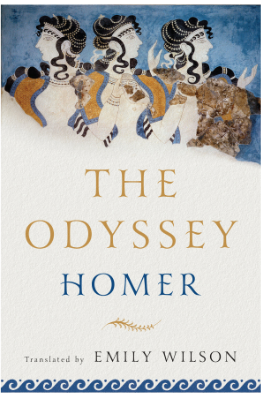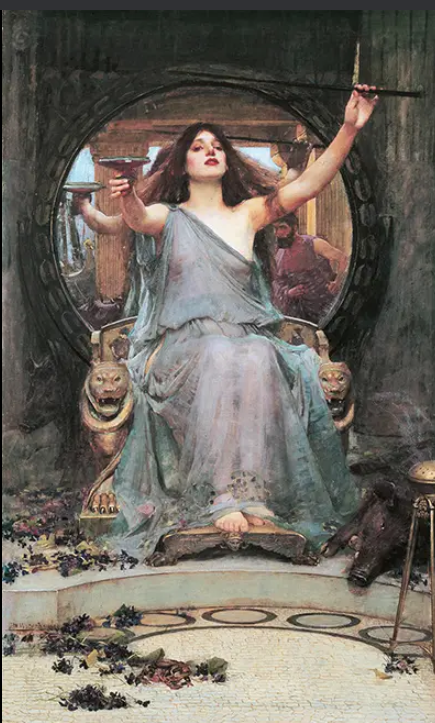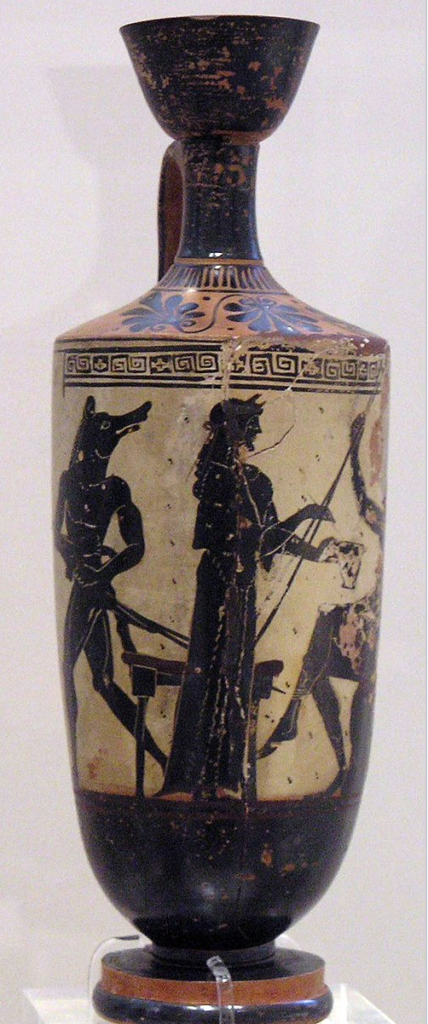Wine and words have always been richly intertwined. Each inspires the other, and writers have often turned to the ancient elixir to find the muse at the bottom of the glass. Both words and wine reflect something primordial and necessary of the human spirit; they are both creative expressions of man’s relationship to the world around us. While words give us the tools to express our minds and emotions, wine gives us the permission to feel those things in full. Whether in mourning or celebration, wine’s hazy embrace brings us presently into the moment, allowing the experience to embody us fully. The importance of words in our lives will be the focus of this blog post, as well as highlighting the particular and fascinating relationship of ancient literature with the wine from Ikaria, Greece.
Why We Need Words: Beacons Amidst the Dark
Our human experience is not an easy one. In some way or another, we are all touched by suffering. With the knowledge that our lives are temporal, we must each come to make meaning of our lives in the short time that we are allotted. While this could send anybody spiraling towards entropy, we are lucky to have the knowledge of others who have come before us, the legacy of their lives marked by their words. Books are a lifeline; they gift us the incredibly important and lifesaving knowledge that we are not alone. Every other human that has come before us has grappled with all of the same experiences that inevitably color our lives: love, loss, sorrow, joy, adventure, becoming. In the words of the magnificent James Baldwin,
“You think your pain and your heartbreak are unprecedented in the history of the world, but then you read. It was books that taught me that the things that tormented me most were the very things that connected me with all the people who were alive, who had ever been alive.”

Stories Individual and Shared
It is in this spirit that it is why we feel so identified, so thoroughly seen, by reading the words of another. We are living inside the brains of our favorite writers, temporarily granted access to their most vulnerable thoughts and feelings. It is why our favorite books wedge their place into our hearts, dog-eared and read over and over again, with each new reading bringing a deeper understanding as we evolve and mature throughout our lives. It is a gift to feel recognized, to be known, and that is the true magic of words- that they can connect us and live on through time and death, to be birthed anew within that flower of recognition in our own hearts.
Our stories are individual, but they also emerge beyond that, forming part of the greater whole. It is why art is truly a sort of alchemy: we take our pain and transform it into something beautiful; we take our individual life and weave it into the greater tapestry of the human experience. We are utterly transformed, magnified, alit, and we lend that magic and light to the next person. We realize that our pain is not purposeless, but indeed necessary in not just our own development, but that of others as well. It is in the great literary works that we see ourselves reflected, that we feel ourselves understood.
Connecting to Ancient Literature: Homer’s The Iliad and The Odyssey
Now that I am (nearly) done waxing poetic about the hugely important role of words in our lives, I want to focus on Homer’s epic poems, The Iliad and The Odyssey. Not only are these works part of the integral tapestry of Western literature, but they also include Ikarian wine in central parts of the story. Though composed nearly 3,000 years ago, there is a reason that these works have withstood the test of time. They have inspired some of the greatest works of literature by influencing generations of writers and touching upon the eternal narrative themes of war, gods, love, loss, longing, heartache, and home-coming.
When approaching such an ancient work, the translation becomes increasingly important. Some translations, with their dated lexicon and rigid structure, can leave the modern reader feeling totally disconnected and unable to relate to the text. I personally love Emily Wilson’s translations of both poems, and was lucky enough to see her read in person at the 2024 Napa Valley Writers’ Conference. She is the first woman translator of these works in English, and completed the massive difficulty of translating the poems into iambic pentameter. The Iliad and The Odyssey were both originally oral traditions, and by preserving the rhythmic reading in English, Wilson pays beautiful homage to the origins of the poems.

To be able to sift through millennia and reach the reader, to be able to connect us to a world so very different from our own, is in itself a kind of magic. To be able to realize the vast difference of life circumstance, and still be able to recognize that the same things that make our own human hearts sigh and swell and ache and sing are the same things that generations before have felt and experienced, is a way to connect us to our forebears. Suddenly, the book is cracked open and that world and our own world collide, tied together by a shared depth of emotion and experience that allow us to integrate the story as one of our own. We have all had our own personal odysseys in this life- to see it reflected upon the page is just another way to look into the mirror.
Kykeon: A Magical Elixir of Ikarian Wine in Homer’s The Iliad and The Odyssey
Incredibly, Ikarian wine has been acclaimed throughout the centuries, and appears in some pivotal scenes in both The Iliad and The Odyssey. In ancient times, wine from Ikaria was known as “Pramnian wine,” referencing the Pramnos mountains on the island (known today as the Atheras mountain range). Pramnian wine was said to be a strong and dry wine that had the ability to restore one’s strength, and could also be used for medicinal purposes (see our Blue Zones blog to read what acclaimed doctors Hippocrates and Galen had to say about Ikarian wine). In Homer’s world, Pramnian Wine was an essential ingredient in the magical elixir of kykeon, to be used for benevolent or malignant purposes depending on the preparer.
In the eleventh rhapsody of The Iliad, it is mentioned that Hecamede prepares a nourishing potion to restore the strength of Nestor and his friends,
“In it the woman, like unto the goddesses, had mixed for them Pramnian wine, and grated over it a goat’s-milk cheese with a brazen rasp, and sprinkled white flour upon it: then bade them drink, as soon as she had prepared the potion.”
In the tenth book of The Odyssey, kykeon is also cited with the same specific ingredients, yet is now used by the witch, Circe, for more malicious purposes in transforming Odysseus’ men into pigs:
“And she mixed them a potion with barley and cheese and pale honey added to Pramnian wine, but put into the mixture malignant drugs to make them forgetful of their own country.”

Wine From Ikaria, Greece: A Delicious Legacy Throughout The Ages
It is impressive to realize the impact of Ikarian wine throughout millennia, and how it has inspired great poets, thinkers, and doctors alike. It is even more wonderful to recognize that the wine from Ikaria has not changed much in thousands of years. The island still provides exceptional wines of potency and strength that could revive any spirit. Small producers on the island, like our beloved partners, Afianes Wines, continue the ancient winemaking tradition and create wines from totally natural methods of production, much like how the ancient Greeks produced their own wines.
Wine is truly a way to time travel- we capture an essence of the harvest year within the bottle; we are tasting remnants of the past with each present sip. And in very special cases like this one, we are enraptured in a sensory overload that includes the legacy of history, mythology, and literature within the glass, granted the opportunity to taste what the Greek gods and heroes alike may have tasted, connected to the grandeur of human experience sip by delicious sip.




One Response